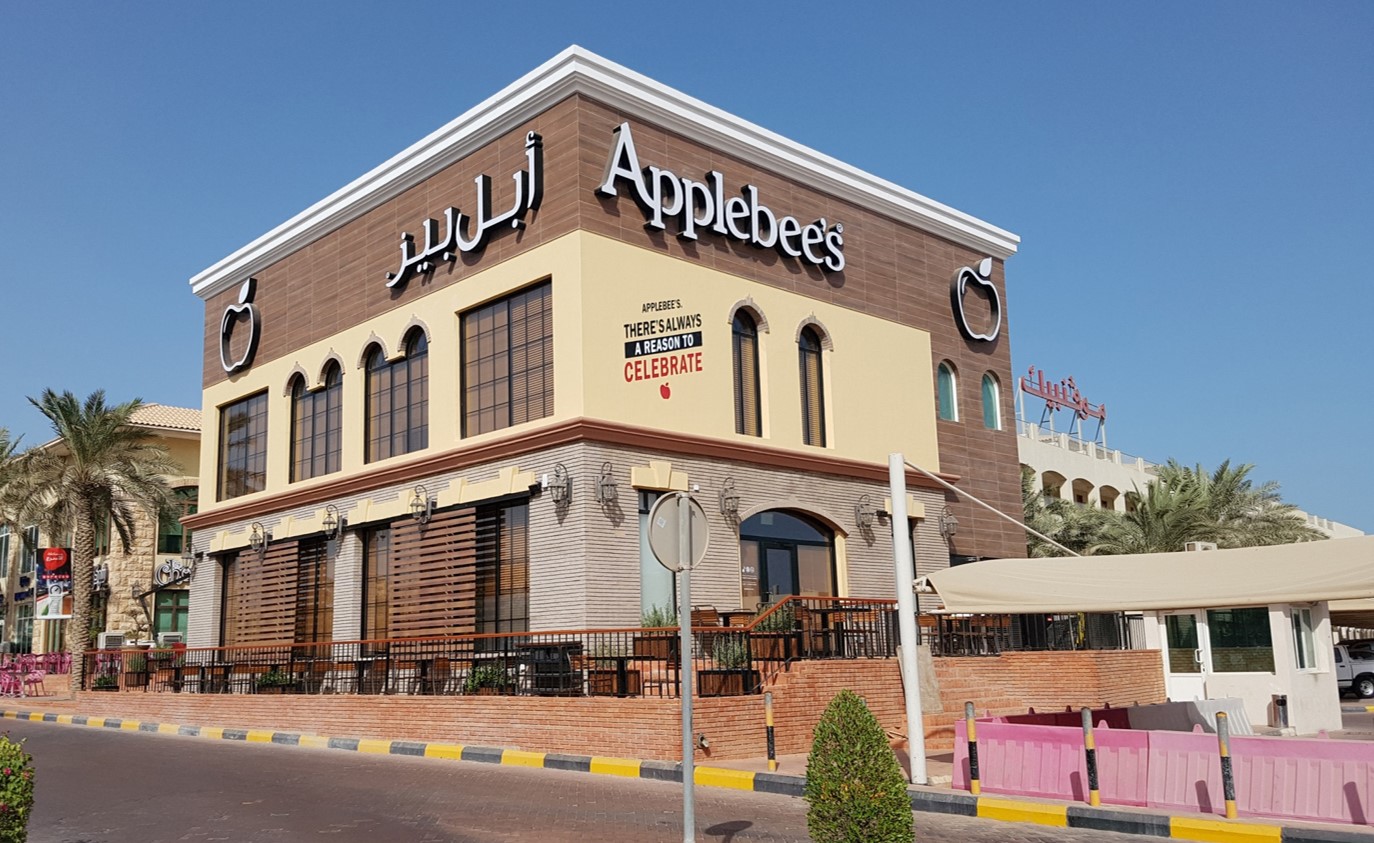For U.S. Restaurants, Expansion Abroad Means Adapt and Adjust

Photo Caption: International locations of U.S. favorite Applebee's have adapted store design and menus to reflect local norms and preferences.
Skift Take
Expanding abroad is a big step for any restaurant, but they have to to tweak details from portion sizes to design in order to satisfy local customers.


